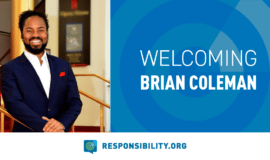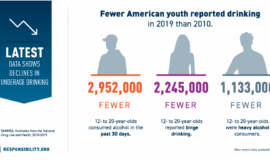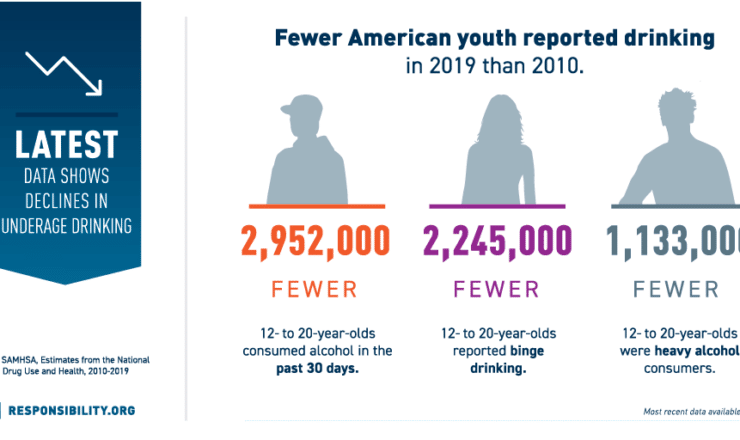September is Recovery Month: A Message from Dr. Ben Nordstrom
September is Recovery Month, and it is a wonderful time to take a minute to congratulate the millions of Americans living in recovery and to thank the women and men working in treatment programs as counselors, therapists, nurses, doctors, and support staff who help them on their path.
The decision to enter recovery is a deeply personal one and is usually precipitated by accumulation of negative consequences from substance use. These can be familial, professional or legal in nature but in every case the affected person has come to the conclusion that their substance use is a cause of, and not just a response to, these problems. The development of this insight can come gradually or in a “moment of clarity” but in every case a huge amount of courage is required to take the first step in what will be a lifetime journey to recovery.
Getting into recovery means so much more than just not using substances. It can mean addressing underlying mental health conditions for which people were self-medicating. It can mean re-learning, or learning for the first time, healthy strategies to cope with negative feelings like anger, sadness, loneliness, guilt, and shame. It can mean having to make new social networks with people who make responsible choices regarding substances, and it can mean finding new ways to have fun and relax.
Getting, and staying, motivated to recover is easier when someone feels like they are moving toward something positive, and not just away from something negative. It’s not enough to give up old ways of thinking and behaving; new ones have to be learned. This takes time and patience from everyone involved.
We need to support and encourage these people along the way. We all need to work to reduce the stigma around seeking help for substance use disorders and to let the recovering people in our lives know we support them in their efforts. Some people in recovery, especially early recovery, identify situations where alcohol is served as too high risk for them. If someone declines an invitation, be understanding and supportive. If a recovering person is attending an event you are hosting, make sure there are non-alcoholic beverage options for them. No one, especially people in recovery from any substance, should ever feel any social pressure to consume alcohol.
Substance use disorders do not discriminate and can affect any person, any family, and any community. The people who are suffering are our family members, our neighbors, our co-workers and friends. Make sure the people around you know there is no shame in getting help, no pressure to drink to “fit in,” and that you admire and support their efforts.
We all benefit from healthier communities and healthier people, so look for ways to assist and encourage the people and families affected by substance use disorders. Recovery is possible and this month is a great time to help people realize and attain this goal!




